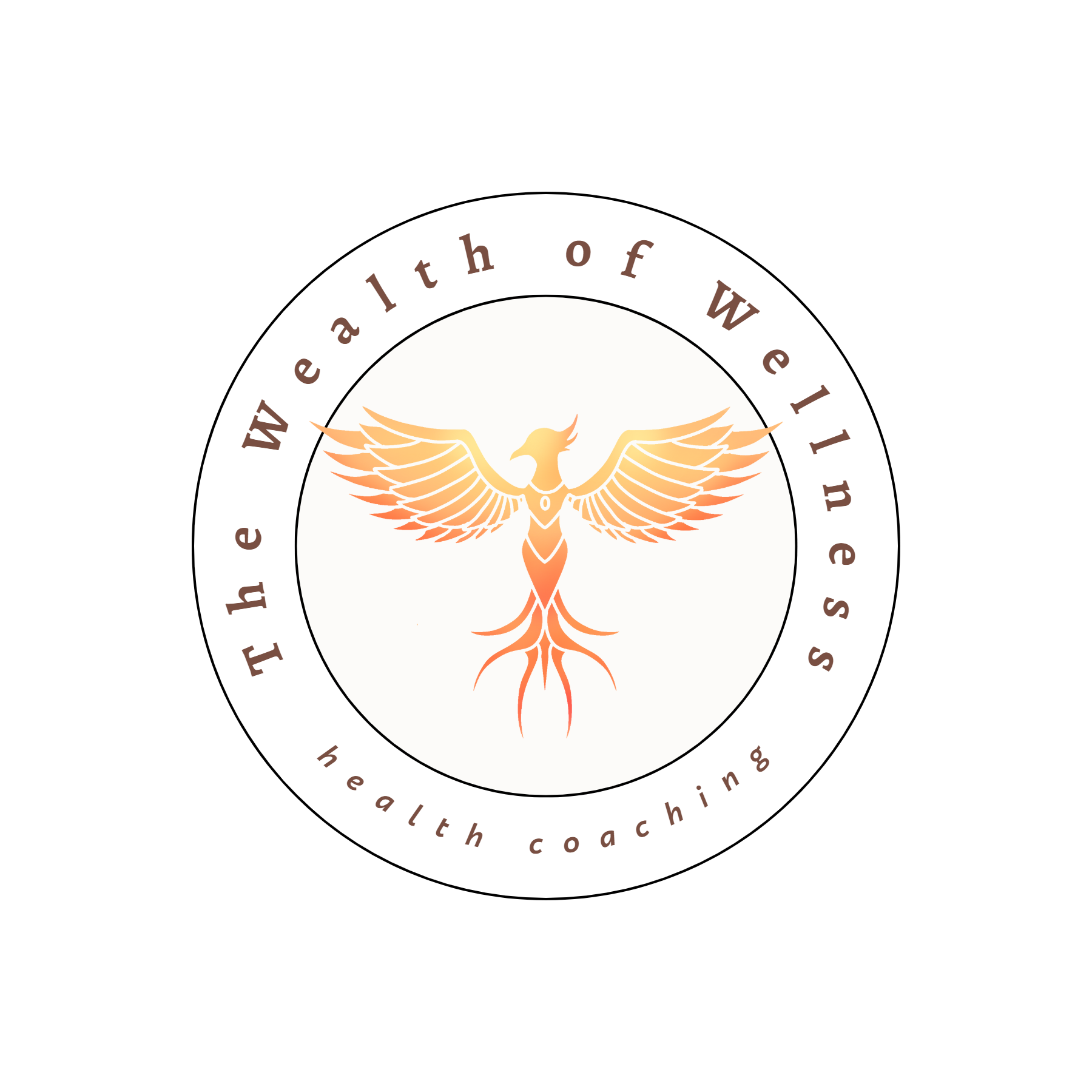Are you having a hard time getting pregnant? You are not alone. In the US, 1 in 8 couples have fertility issues. Even if your blood work to check your hormone levels comes back normal, and your doctor tells you that everything is fine, you know that getting pregnant these days is not easy for many people.
My husband and I went through infertility treatments. My doctor told me my hormone levels and ultrasounds were normal. They had no clue why I couldn’t get pregnant. I took a lot of fertility medications to finally be successful. At one time, I was taking so many injections that I felt like a piece of Swiss cheese.
I did not know at that time that the foods I was eating, the exercise I was doing, and the products I was using all could have contributed to my infertility. I also didn’t understand the effect that lack of sleep and stress had on my hormones. There are so many factors that can contribute to infertility.
Here are some ways to boost your fertility without medications:
- Avoid Inflammatory foods:
- Do you know which foods can increase inflammation in your body? The most common offenders are fried and processed foods, dairy products, gluten, and foods that are high in sugar.
- These foods can have a negative impact on your reproductive cycle.
- Instead of inflammatory foods, eat a variety of nutritious foods like whole grains, lean proteins, vegetables, and fruits daily.
- Avoiding these foods will also help you maintain an ideal body weight/ BMI which can improve fertility.
- Track your cycle:
- Lack of ovulation (when your ovary releases an egg) and irregular cycles can affect fertility. After all, you can’t get pregnant if you don’t have an egg ready to be fertilized.
- A regular cycle means you have your monthly bleed every 28-32 days. Use a paper calendar or one of the many apps available to track your cycles.
- Determine if you are ovulating. Use ovulation test kits, track your basal body temperature, or check your cervical mucus for 5-7 days mid cycle.
- Exercise properly:
- Too little exercise can affect your reproductive system. Lack of exercise can contribute to weight gain, and excess body fat can reduce your fertility. Aim for 30 minutes of exercise a day.
- On the other hand, exercising too much can make your body release cortisol, a stress hormone. While increased cortisol is beneficial in a life-threatening situation, it also turns off all nonessential functions in the body (including your reproductive system).
- Remove toxins from your home:
- Cleaning products, personal care products, and even make-up are loaded with toxins called endocrine disruptors. That means they can affect reproductive hormones.
- Read the labels and avoid products with bleach, phthalates, parabens, anolamines, and petrolatum. Switch to natural or toxin-free products.
- Get proper rest:
- Lack of sleep and downtime can also raise cortisol levels. Before committing to an activity, ask yourself, “will this event energize me or drain me?” Politely decline events to avoid overbooking your calendar.
- Aim for 7-9 hours of sleep daily.
If you need help to implement any of these changes, feel free to email me at info@thewealthofwellness.com. I offer a variety of programs to help you boost your fertility without medications.
References:
- Northrup MD, Christiane (2020). Women’s Bodies, Women’s Wisdom. Bantam Books.
- Romm MD, Aviva (2021). Hormone Intelligence. HarperCollins
- Vitti, Alisa (2020). In The Flo. HarperCollins
- Vitti, Alisa (2013). Woman Code. HarperCollins.
